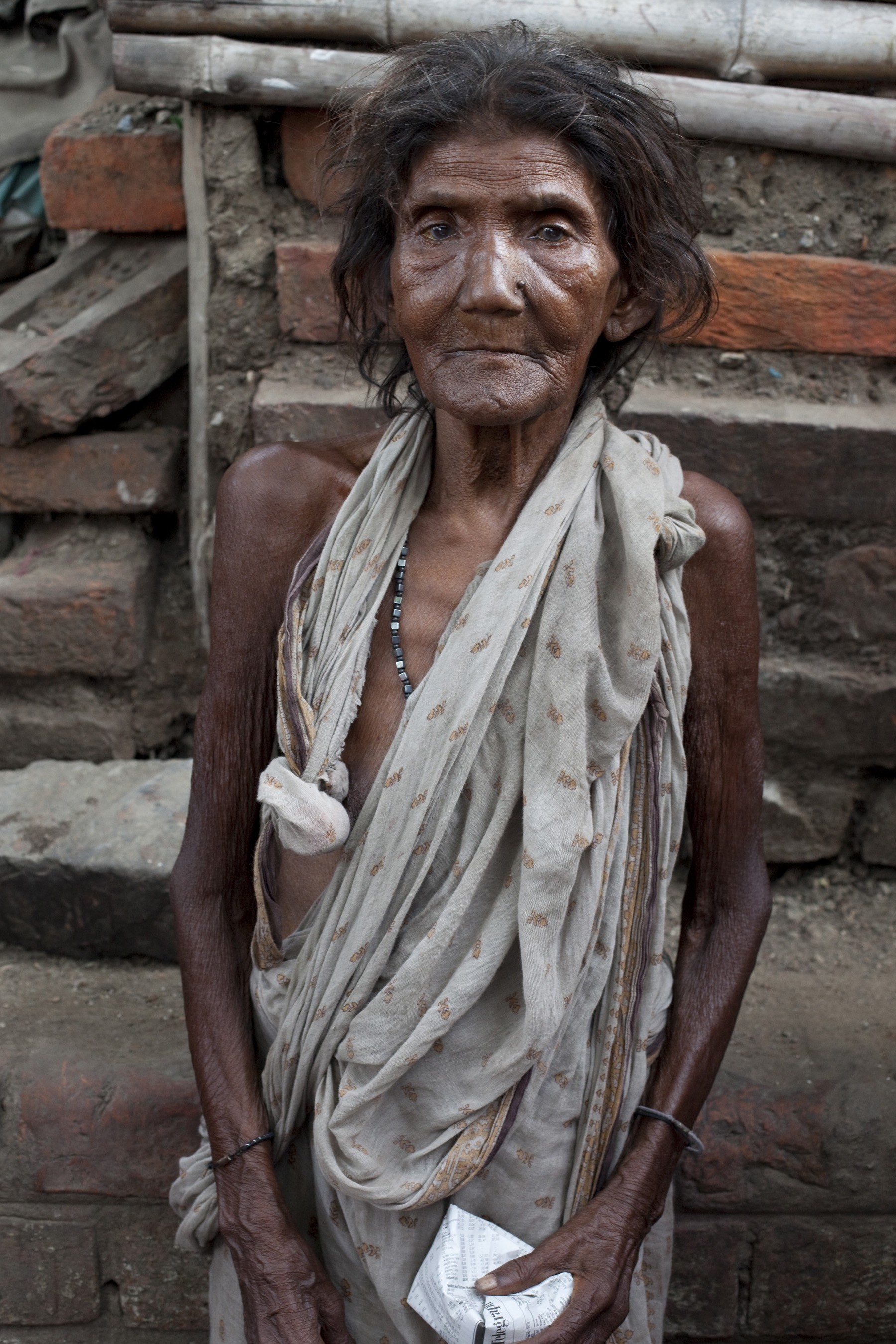
KOLKATA, India (BP)–Shiny, yellow Ambassador cabs wait in a queue and dirt-stained, homeless men sleep on benches at the airport in Kolkata. The odor of toilets permeates the baggage claim area.
Walk into the city formerly known as Calcutta and marvel at how the British colonial architecture blurs the Hindu temples into the background. The former capital of British India, Kolkata offers both traditional chai (tea), sold on the narrow street corners in disposable cups made of unglazed clay, and Subway sandwiches, consumed inside a new, glass-and-steel-structured mall.
Next to tall buildings that cost millions of dollars to build, families bathe on the street and hang their clothes on a railing to dry. Most people in Kolkata’s slums live on 80 cents a day, while billionaires live in mansions with hosts of servants.
Welcome to Kolkata — a city of drastic contrasts.
No one who comes here will leave unaffected. International worker Lonnie Tepper* points out the endless needs — economic, social, infrastructure and ecological — of this seemingly endless city of 14.3 million people.
The most important struggle, however, is for the souls of the people of Kolkata. “The greatest need of the city is for the church to boldly share about Jesus in their daily lives,” Tepper says.
Christianity is not new to Kolkata. For more than 200 years, the roots of faith have struggled to penetrate hard spiritual soil. William Carey, the father of modern missions, came to West Bengal in 1793. It was 10 years before Carey finally baptized his first convert.
Not much has changed since Carey’s time. The process of spreading the Gospel is still slow. Today, international workers estimate Kolkata has more than 100 churches, with perhaps 5,000 people attending them. That means less than one-tenth of 1 percent of the people of Kolkata are believers.
A SPIRIT OF MEDIOCRITY
Kolkata pastors Upendra Basant*, Ohit Sanyal*, Vaskar Datta* and Dural Iyers* are not content with these numbers.
Basant prays against strongholds and for the church to multiply in the city, where the path to church planting has been slower than in the villages.
Sanyal explains that there seems to be a spirit of mediocrity in the churches. The pastor says he sees church members sitting back and thinking, “Let somebody else do it,” instead of responding with “Lord, here am I, send me.”
“Our people in Kolkata need to get greedy for souls,” Sanyal stresses.
Iyers agrees wholeheartedly: “Only God’s love can change the hearts of the people. It is the message of God’s love that brings the revolution.”
These pastors say the timing has never been better for a fresh vision of discipleship. Rand Carruth*, another international worker in Kolkata, says the goal of church planting in the city is to grow ownership among Bengali believers, which will lead to churches of every tribe and tongue in West Bengal.
“If we can’t help bring the idea of the Christian faith being owned by every Kolkata believer,” Carruth says, “then the story stays the same.”
‘TAKE CHURCH TO THE STREET’
Church planting is about relationships and reaching beyond the drastic contrasts in this mega-city, Carruth explains. If Christians choose to work together to see a common goal, then through the church the many needs of Kolkata’s sick and dying, impoverished and destitute, abused and enslaved can be met.
Carruth’s prayer is to see churches started through ordinary people who are working regular jobs — not just pastors. Many believers see the need for this change and are stepping away from a “traditional church” mindset.
In one year, Sanyal has seen 12 house churches formed in the city — house churches focused on discipleship and growing the body of Christ in Kolkata.
“God is really moving. People are actually shifting the boundaries of the church out, just like Isaiah chapter 54 says to enlarge your tent and take away the curtains that people may see what is happening in the church,” Sanyal says. “We need to take church to the street.”
Sanyal teaches Kolkata Christians they have the power to minister to the world and encourages them to step outside the walls of the church and sit beside sinners in the streets. His friends are not all seminary-trained preachers. They represent all of the contrasts in his city — farmers, electricians, politicians, vegetable vendors, lawyers, snake catchers and rickshaw men.
“We want to tell people that God has called them to preach,” Sanyal says. “[We want them] to think, ‘I’ve got the Word, the Scriptures, the training. I am the man. I should do it.'”
–30–
*Names changed. Torie Speicher is a writer serving among South Asian peoples as a volunteer with International Mission Board.
















